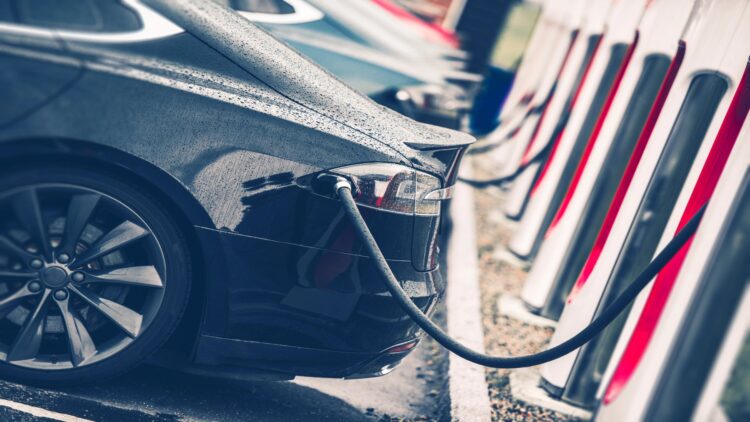European car manufacturers are already promoting hybrid and alternative fuel options in their emissions policy, following the lead set by Chinese manufacturers who have penetrated the European market successfully with a wide variety of powertrain options. This is a major divergence of what the EU has been promoting as the battery-electric vehicle, with automotive sector giants claiming that the existing policies pose a risk to the competitiveness of Europe in the global automotive market.
European industry challenges EV-only mandates
According to FuelCellChina, top automakers in Europe have declared the EU ban on combustion engines as no longer possible because of over-dependence on Asia, insufficient EV infrastructure, and trade barriers due to geopolitical reasons. Other industry players, spearheaded by Mercedes-Benz, are insisting on regulatory space given to hydrogen, hybrids, and clean fuels as alternative zero-emissions routes.
In a combined letter to European Commission President Ursula von der Leyen, the CEO of Mercedes-Benz, Ola Kallenius, and Schaeffler executive Matthias Zink write that the current policy direction of the EU is simply leading to the emptying of the European manufacturing base and even weakening the climate policy of the EU.
Chinese manufacturers have made a hybrid success
According to AInvest, Chinese car manufacturers are planning to demonstrate new hybrid and electric car models at the Munich car show as they seek to increase their market share in Europe. Other companies with new models include BYD, Xpeng, and Leapmotor Technology, with Chinese EVs taking 9.9 percent of the European market in July.
Hybrids were at an all-time 9.7% share despite trade tensions and tariffs. Chinese manufacturers are also exploiting the move towards EVs and hybrids in the region and are competing with the likes of Volkswagen and Stellantis by diversifying their powertrain options.
Alliances are formed in the midst of trade conflicts
The Munich show is being held as trade tensions remain with Beijing after the European Union last year decided to add tariffs on EVs imported to China. Chinese manufacturers have continued to expand, introducing additional hybrid and combustion models that do not attract the duties, creating domestic sales alliances.
BYD is one of the manufacturers taking the lead. The company has since been outselling Tesla Inc. in Europe regularly and has established factories in Hungary and Turkey to evade the EU tariffs, unveiling its Seal 06 DM-i Touring station wagon as a part of its plug-in hybrid push.
Innovation is motivated by technology collaboration
Cooperation has also been encouraged by the tariffs, with Chinese manufacturers working out the new regulations, and European companies connecting with Chinese competitors in order to keep up to speed in such fields as software and battery technology. Stellantis is said to intend to manufacture EVs with Leapmotor in Zaragoza, Spain, close to a shared battery plant.
Xpeng will also showcase a new version of its electric P7 sedan in Germany, which should be faster-charging and have more range, and Stellantis partner Leapmotor will launch its B05, an electric hatchback to rival Volkswagen’s ID.3. The leaders in the European auto industry have given a stern message to Brussels that the move towards battery-electric vehicle dominance by the bloc is coming back to haunt them. Immediate regulatory flexibility that acknowledges hydrogen fuel cell cars, plug-in hybrids, and decarbonised fuel-powered engines is requested in the letter.
The overlap of European and Chinese policies on hybrid technology is evidence of increasing acknowledgment that a variety of powertrain solutions might be needed to meet emissions standards and remain industrially competitive. Since Chinese manufacturers have proven successful with offering hybrid options in Europe, the EU car manufacturers are increasingly calling for the same regulatory freedom to compete efficiently in the new car environment.


